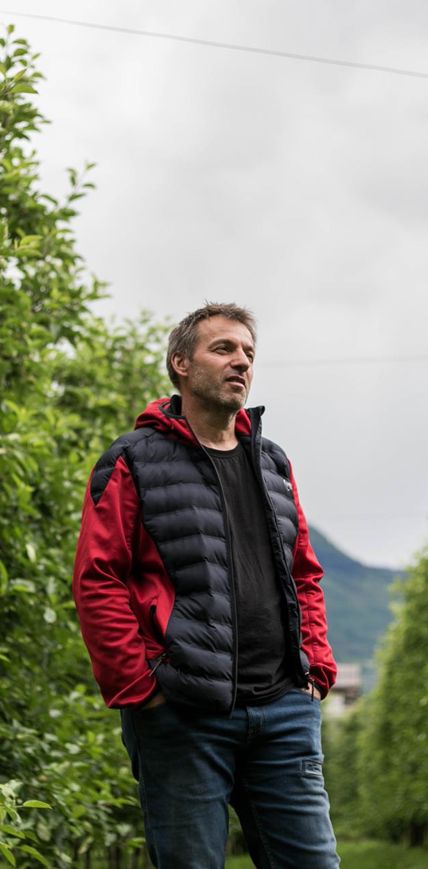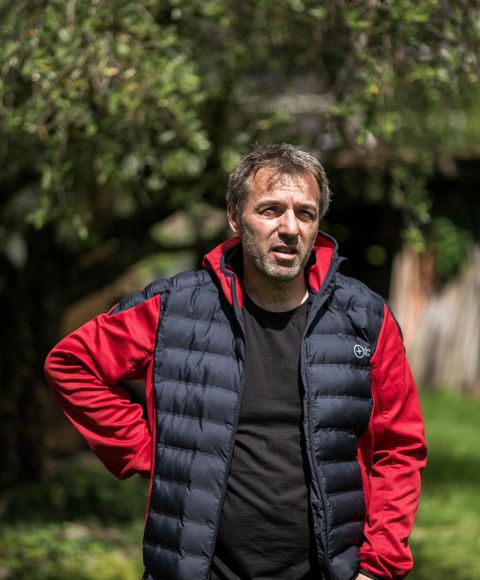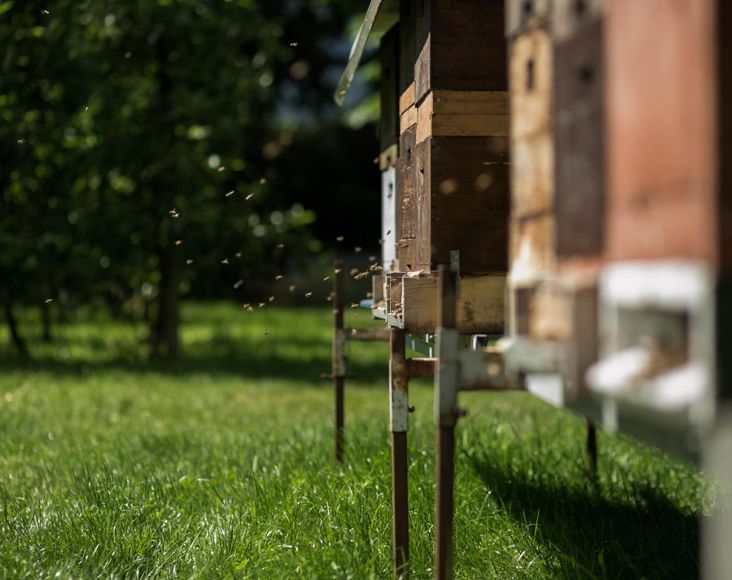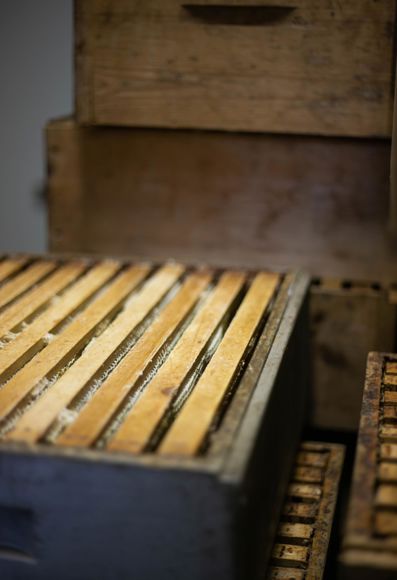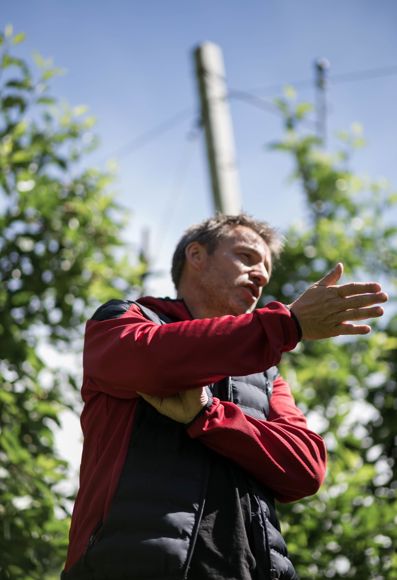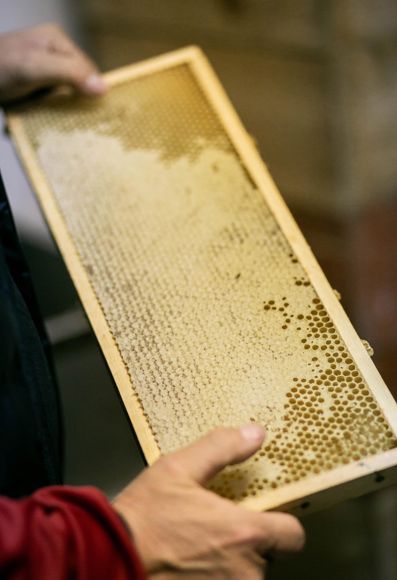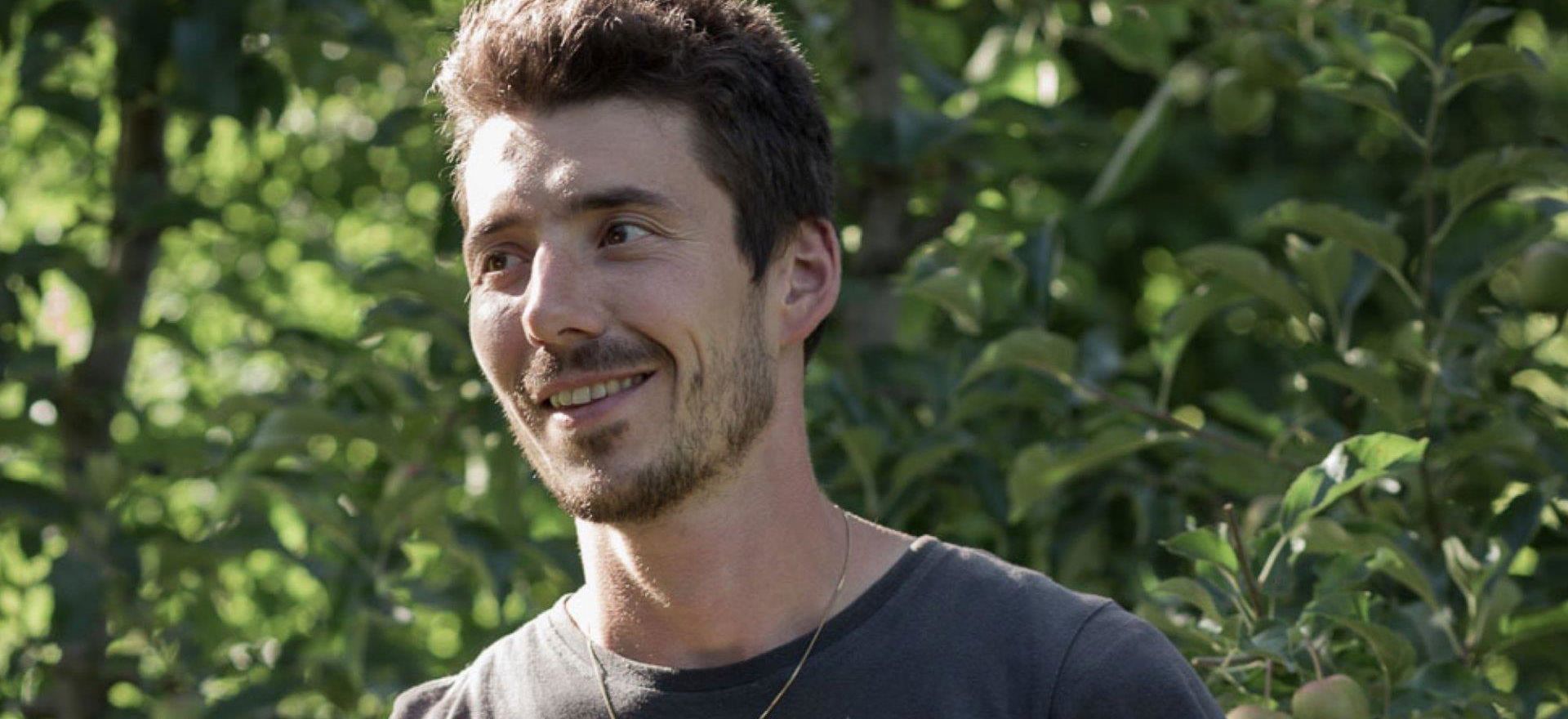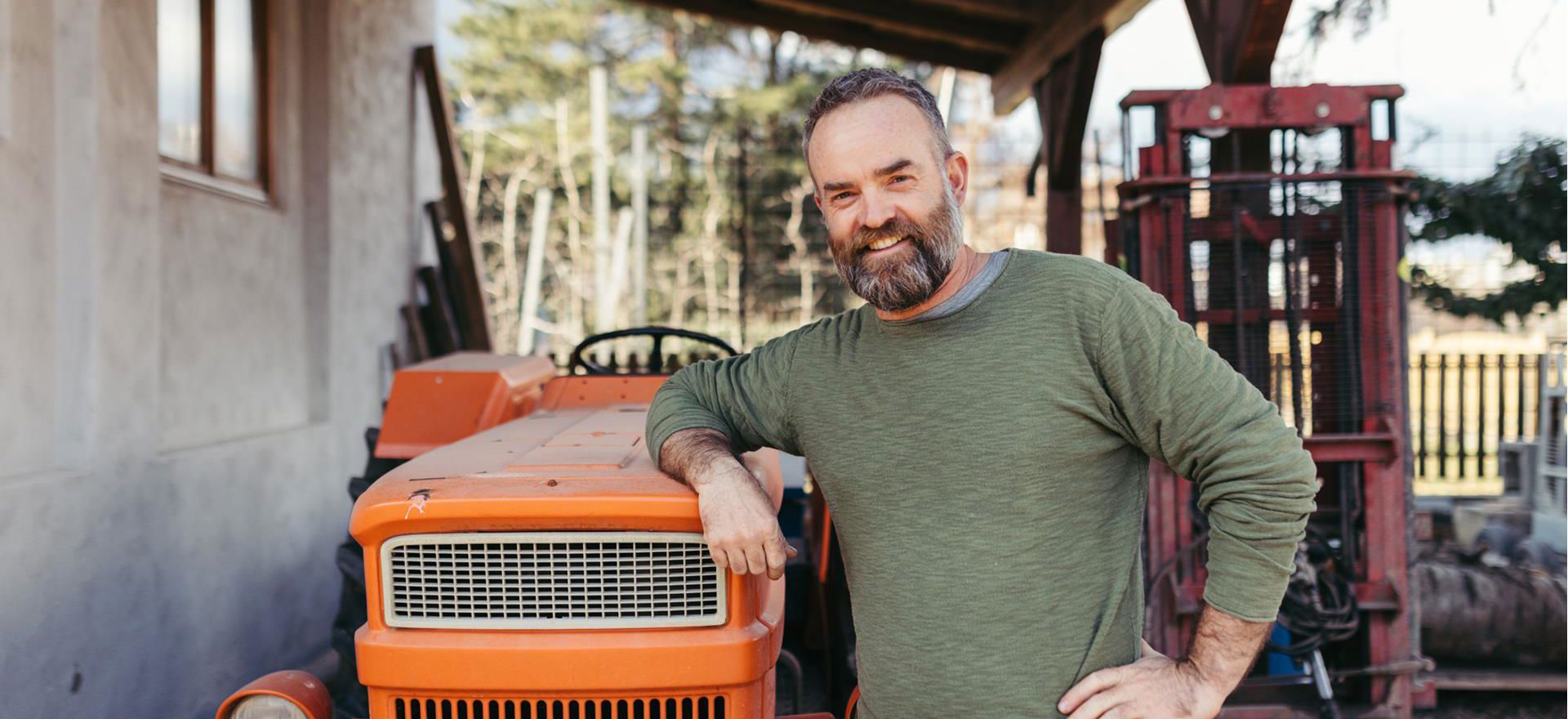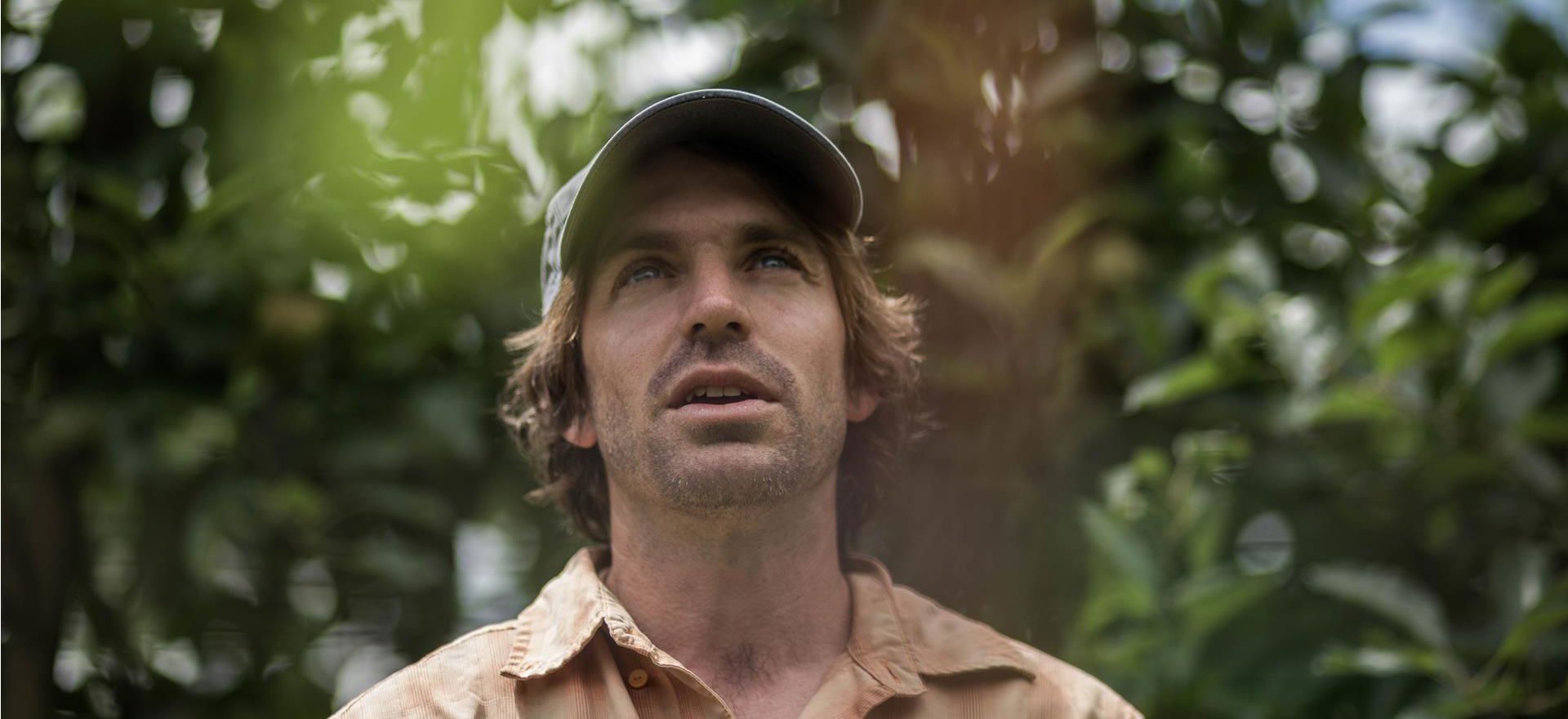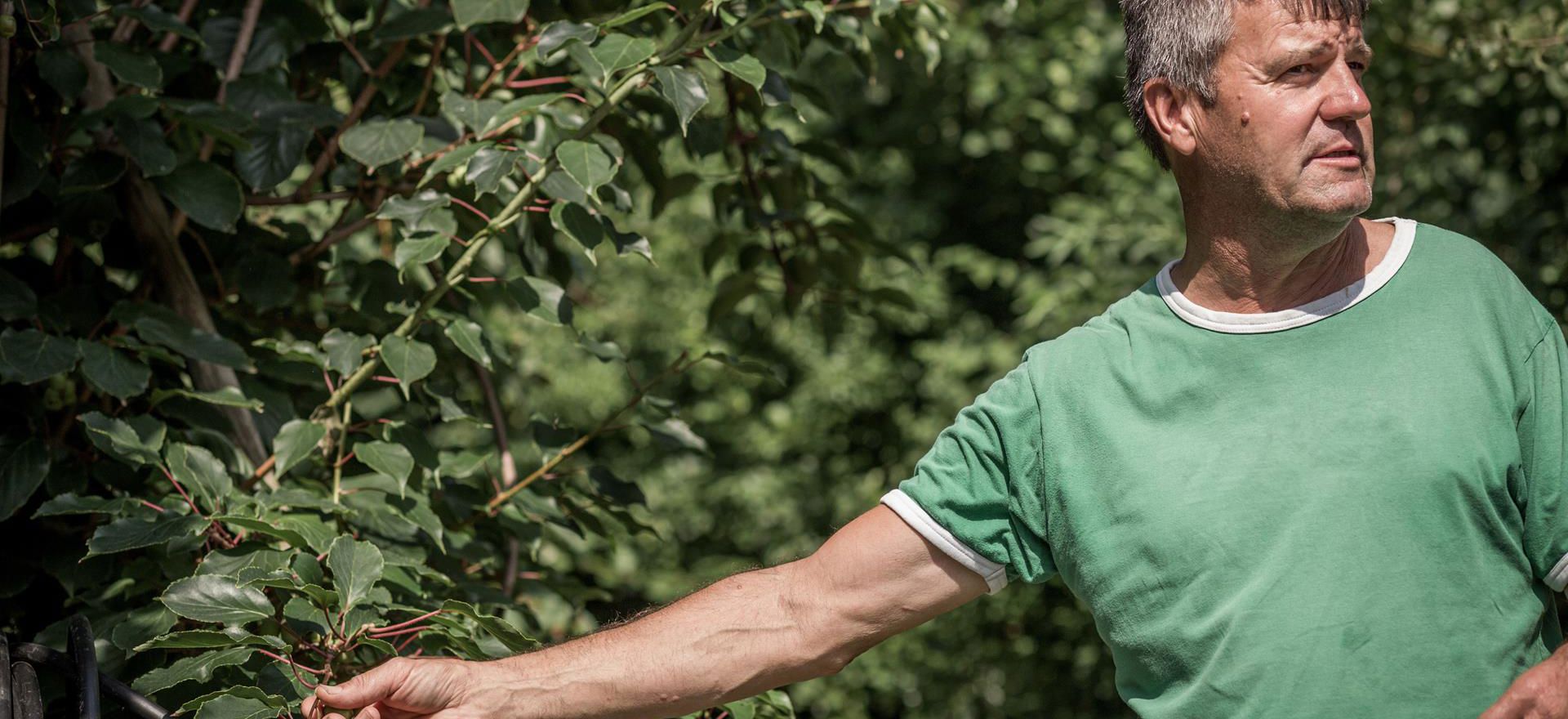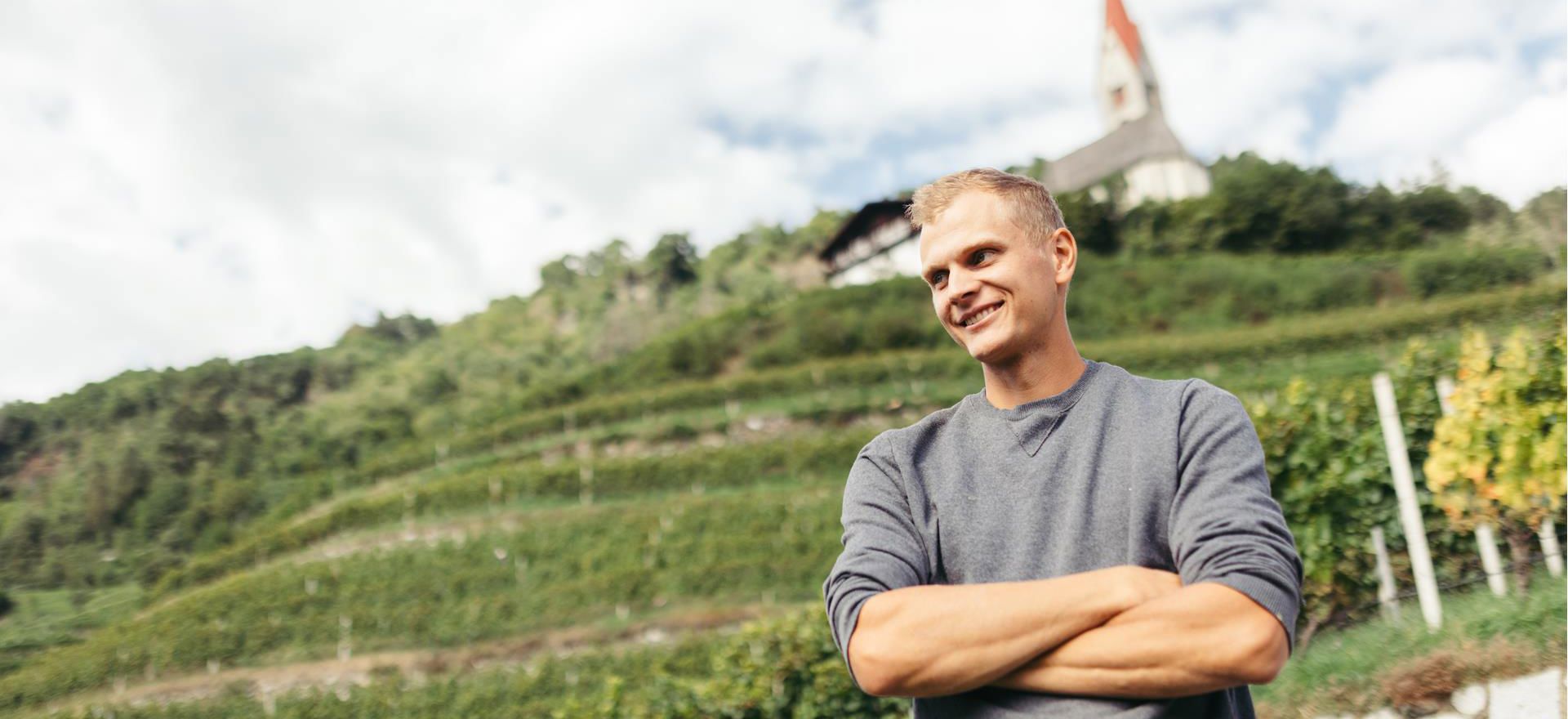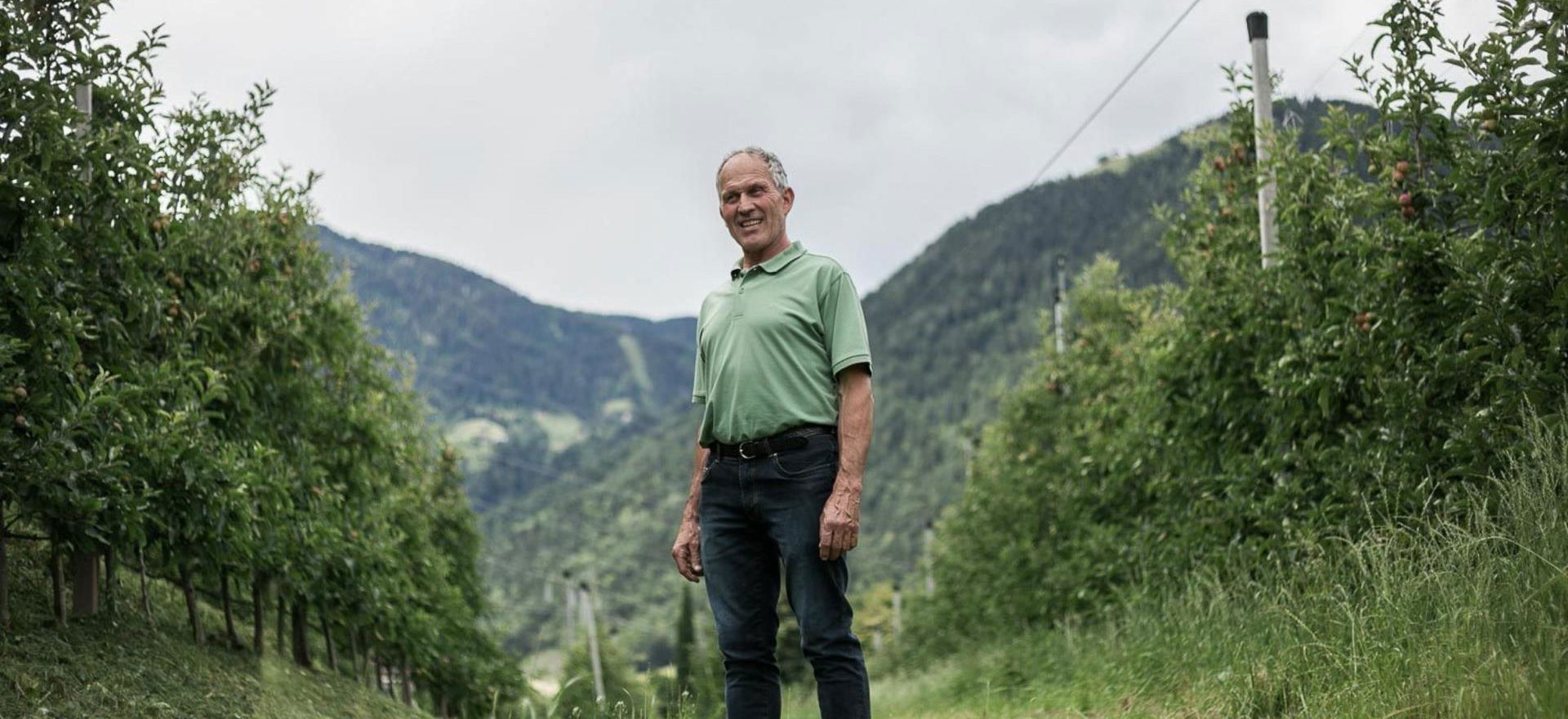Oswald Rossi knows agriculture from different angles.
After completing training as an agricultural technician, the farmer's son worked in the Supervision Authority for Agriculture of the Province of Bolzano. Today he works at the Research Centre Laimburg and deals with apple storage and post-harvest biology.
Besides his job, he’s starting out professionally as an organic beekeeper. And here is a simplified outline of what makes delicious and nutritious, organic honey:
- Food reserves for the bees: the beekeeper leaves more honey in the hive as emergency rations for a period of bad weather
- Organic feed: the bees are only given organic food in winter, or in an emergency, e.g. dissolved organic sugar or a paste made from organic sugar
- No synthetic medicines: in case of illness, the bees are not treated with synthetic medicines
- Free combs: the beekeeper leaves part of the combs completely free so that the bees can build unhindered
- Middle walls from the bees' own wax: the beekeeper builds middle walls for part of the combs from the bees' own organic wax
- Wood: the colonies live in hives made of natural wooden frames
- Organic paints: the wooden frames are painted only with organic paints
- Self-sufficiency: the aim is to keep the colonies with as few extra costs as possible
- Traces: laboratory tests confirm the honey does not exceed any of the very low trace levels (e.g. pesticides) permitted in organic cultivation


